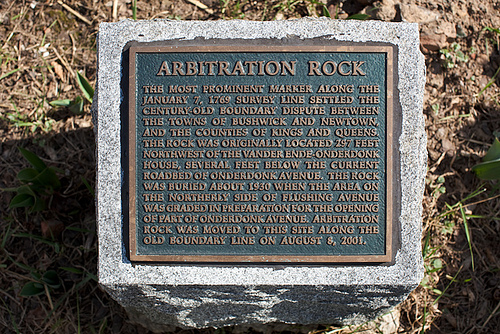Letters of Intent are often ambiguous documents in which parties set out certain key terms of a deal, usually with the intent there will be further negotiation and documentation. They may also be called a ‘term sheet’ or “memorandum of understanding,” and are used extensively in California real estate transactions and Leases as well as in business contracts. The parties usually do not intend this document to be enforceable in court – rather, it is intended to guide further discussions and execution of a formal agreement or approval of a third party. A party entering such a letter should consult with a Sacramento business attorney for guidance in drafting it. However, as open ended as the parties may make them, occasionally they are surprised when a court finds such a letter creates enforceable obligations between the parties. It all depends on the court’s view of the intentions and expectation of the parties. Among the issues considered are whether the parties agreed to the material terms, or left some for later agreement, making it an agreement to agree, and whether the parties intended not to be bound until preparation of a more formal agreement. The two decisions discussed below establish two important rules:
A. A Letter of Intent may be enforceable even if you plan to enter a formal contract. If the material terms of the deal are there, as well as intent, the Letter is enforceable; and,
B. A Letter of Intent may create a duty of the parties to negotiate in good faith, and failure to do so can result in damages.
 California Real Estate Lawyers Blog
California Real Estate Lawyers Blog


 In
In  An an
An an  The C.A.R. forms used for residential purchase agreements since the October 2002 revision have eliminated the last vestige of “passive” removal of contingencies common in the older forms. The new forms all utilize “active” written removal of contingencies, such that satisfaction of the underlying condition is not enough; there must be a written removal before a contingency is, in fact, removed. If a party does not remove it in writing, it is incumbent on the other to serve a Notice to Perform. Until all contingencies are removed in writing, Sellers always have a right to cancel. Other than the risk of cancellation, there is no penalty to the holder of the contingency if the underlying event occurs but the contingency is not removed in writing. The older C.A.R. Purchase and Sale form copyrighted 1983-1985, is different.
The C.A.R. forms used for residential purchase agreements since the October 2002 revision have eliminated the last vestige of “passive” removal of contingencies common in the older forms. The new forms all utilize “active” written removal of contingencies, such that satisfaction of the underlying condition is not enough; there must be a written removal before a contingency is, in fact, removed. If a party does not remove it in writing, it is incumbent on the other to serve a Notice to Perform. Until all contingencies are removed in writing, Sellers always have a right to cancel. Other than the risk of cancellation, there is no penalty to the holder of the contingency if the underlying event occurs but the contingency is not removed in writing. The older C.A.R. Purchase and Sale form copyrighted 1983-1985, is different.  In
In  In
In  In
In The NBC sports blog
The NBC sports blog